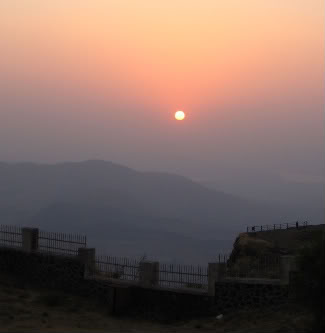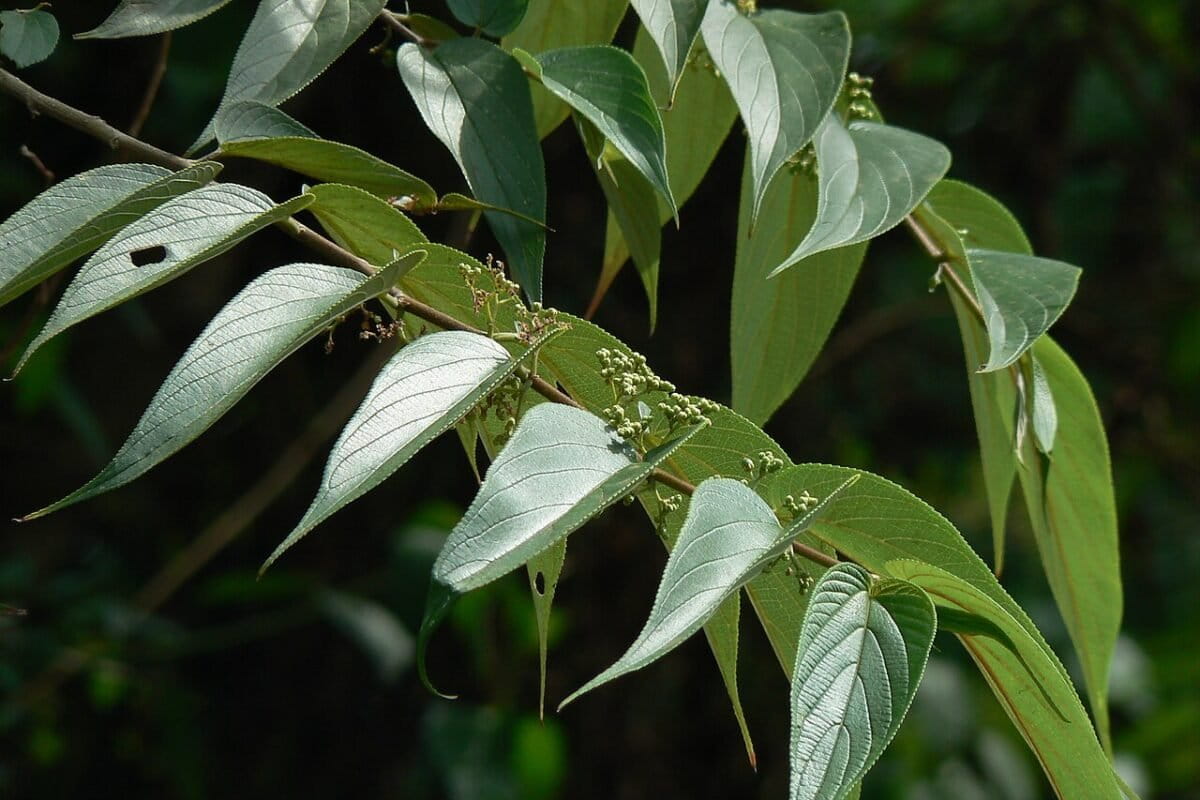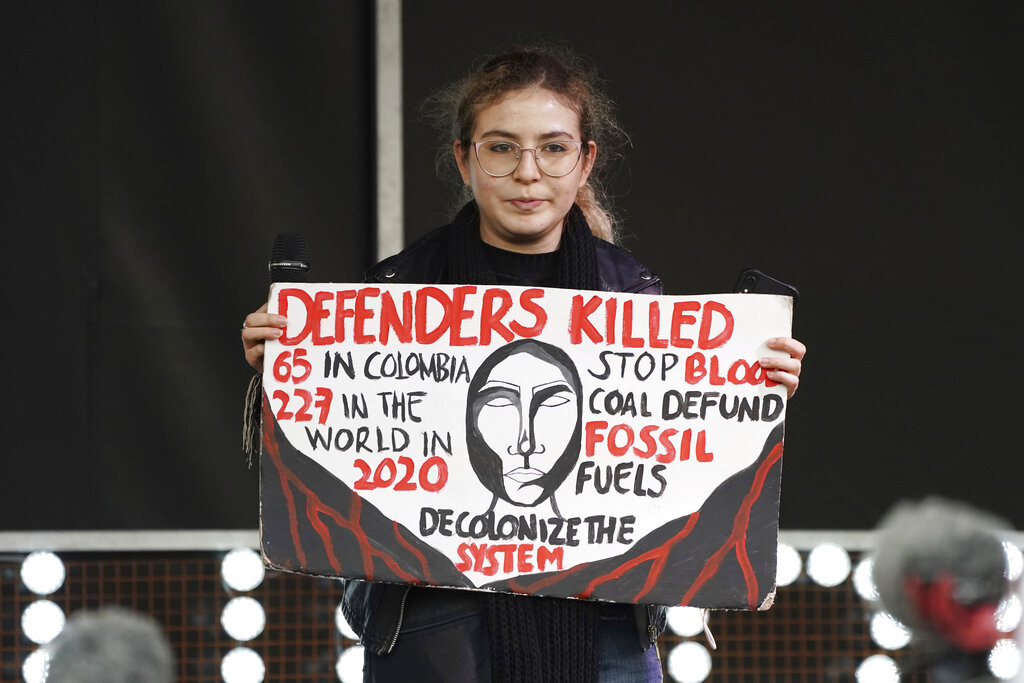Long a subject of debate, the cause of the infamous brown cloud that hovers over the Indian Ocean and South Asia every winter has finally been discovered. Researchers led by Dr Orjan Gustafsson from the University of Stockholm in Sweden announced in Science that 70 percent of the cloud is made up of soot from the burning of biomasses, largely wood and animal dung used for cooking.
At the Maldives Climate Observatory and the Indian Institute of Tropical Meteorology researchers studied aerosols, tiny particles from pollution which make up the cloud. The particles showed that past studies estimating 50-90 percent of the brown cloud was from fossil fuels had underestimated the relationship between the brown clouds and the burning of biomasses by much of Asia’s poor. Black carbon, another name for particles commingly produced by biomass burning, has been shown to have a warming affect of three to four times more than carbon. The discovery so much black carbon in the brown cloud, emphasizes the need to look beyond fossil fuels to capture the whole picture of anthropogenic climate change.
 Sunset at the Indian Institute of Tropical Meteorology with brown haze obscuring the sun. Image © AAAS/Science |
Researchers hope the discovery of the cloud’s source will push policy makers to rapidly aid the region’s poor in switching to cleaner methods of cooking, such as solar. Mitigating the burning of biomasses could have a rapid affect on the region’s weather. According to scientists if biomass burning stopped the skies would clear in a few weeks.
As well as being linked to global warming, the brown cloud is believed to lengthen droughts, exacerbate monsoons, and further melt the Himalayan glaciers, which currently provide fresh water to billions of people. Already, over three hundred thousand people die in Asia due to illnesses linked to brown cloud pollutants annually.
Brown clouds are not unique to Asia. Similar clouds have been found in Africa, South and North America, and Europe.
Orjan Gustafsson et al. “Brown Clouds over South Asia: Biomass or Fossil Fuel Combustion?,” SCIENCE VOL 323 23 JANUARY 2009
Previous articles
Black carbon pollution has big impact on climate
(3/24/2008)
Black carbon, a form of particulate air pollution most often produced from biomass burning, cooking with solid fuels and diesel exhaust, has a warming effect in the atmosphere three to four times greater than prevailing estimates, according to scientists in an upcoming review article in the journal Nature Geoscience.














